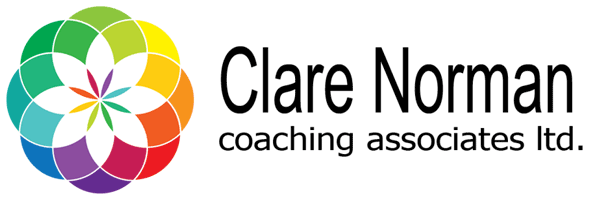 Are you an HR, L&D, OD consultant or interim? Do you ever feel the need to talk through an issue with someone you can trust, who has worked in your world, but who isn’t in your world? Perhaps you’ve come across something that is more challenging than normal, but you can’t tell your client that you don’t know how to get around it – afterall, they are paying you for your expertise. Or perhaps you are seeing something in the organisation that doesn’t quite feel right, ethically, and you want to talk it through with someone outside of the system before taking action.
Are you an HR, L&D, OD consultant or interim? Do you ever feel the need to talk through an issue with someone you can trust, who has worked in your world, but who isn’t in your world? Perhaps you’ve come across something that is more challenging than normal, but you can’t tell your client that you don’t know how to get around it – afterall, they are paying you for your expertise. Or perhaps you are seeing something in the organisation that doesn’t quite feel right, ethically, and you want to talk it through with someone outside of the system before taking action.
Have you ever thought about supervision with a trained supervisor to support and challenge you through these times?
Here’s your opportunity.
You might be asking what supervision is exactly and how does it work? Let’s start with why supervision.
Why supervision?
“The purpose of supervision is learning that leads to the continuous development of the conscious competence of the supervisee and the supervisor and to a higher level of practice. At its core, supervision implies an accountability to learning – that of the supervisor and supervisee – that may extend to that of the systems of which they are a part.” Cochrane and Newton
A supervisor’s role is to help a consultant/interim to take a “super-vision” of their practice, and what they are doing to help their clients. It attends to the blind, deaf and dumb spots that the consultant/interim may not be fully aware of.
What is supervision?
There are three main elements to supervision:
- Qualitative – supporting the consultant/interim to work in ways that are courageous, skilful and ethical, asking “is this the best you could be doing?”
- Developmental – developing the consultant/interim’s competence through feedback, guidance, role modelling, and helping them to self-supervise through reflective practice.
- Resourcing – supporting the consultant/interim when doubts and insecurities arise, and providing them with a space to process what they have absorbed from their client or their system.
How does supervision work?
You might decide that you want to book, say, one session per quarter to attend to what you are experiencing over time; or you may prefer to schedule sessions when you most feel the need. My experience is that when you are in the heat of a crisis, you sometimes forget that you have this possibility of supervision and try to plough through it, but it’s your call as to what works best for you.
We contract at the start for how we will work together, and what you want to focus on.
The most effective way to use a supervision session is for you to think through the issues which are important beforehand. We contract in the session for what you would like to work on, and how we will know that we have achieved that goal…and then we will explore the situation until you get to that point.
Interested in finding out more about how a neutral sounding board could support and challenge you to grow? Then give me a call on 07775 817 344, or email me on clare@clarenormancoachingassociates.com




